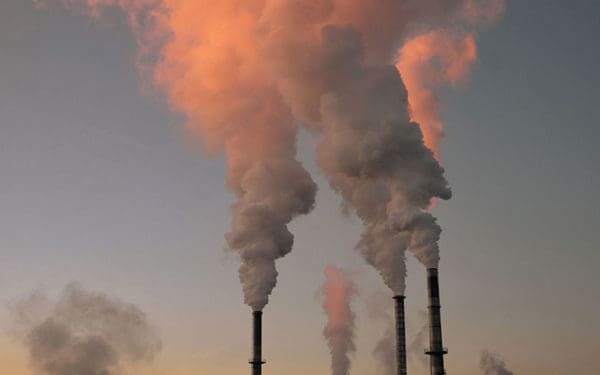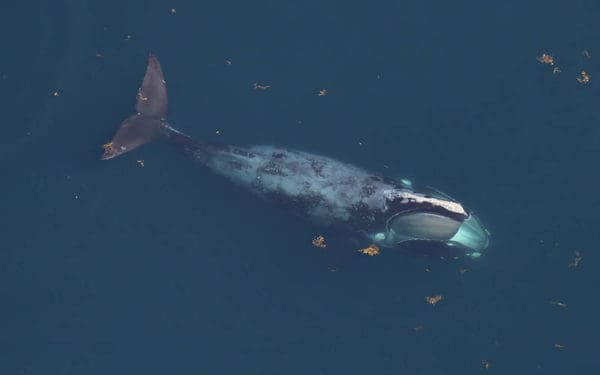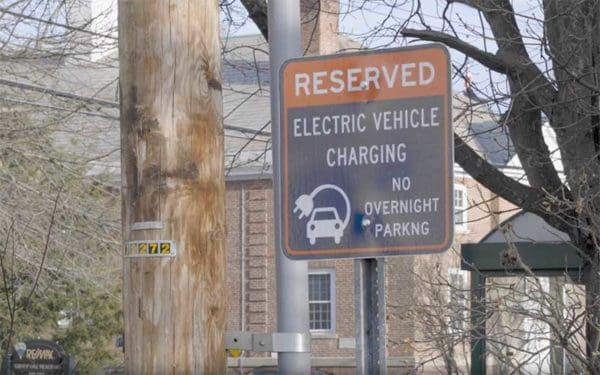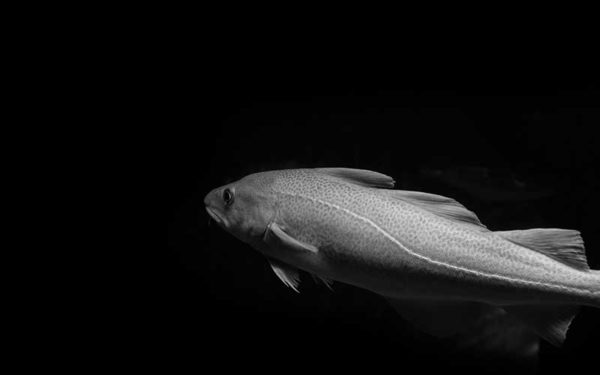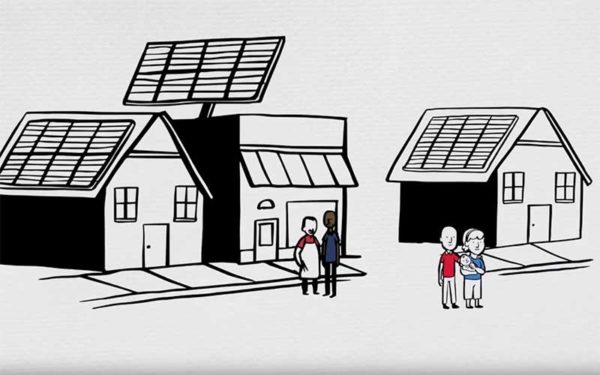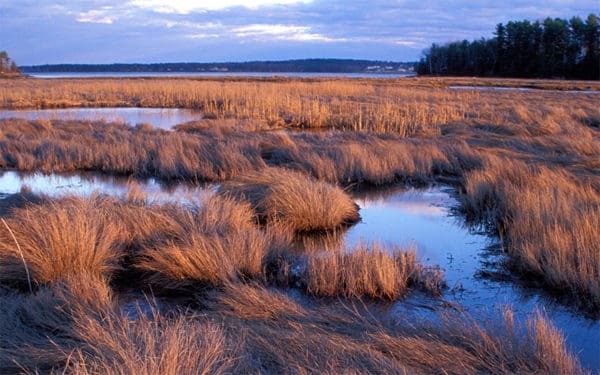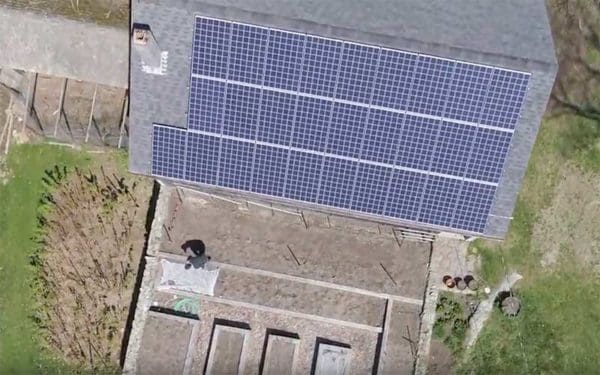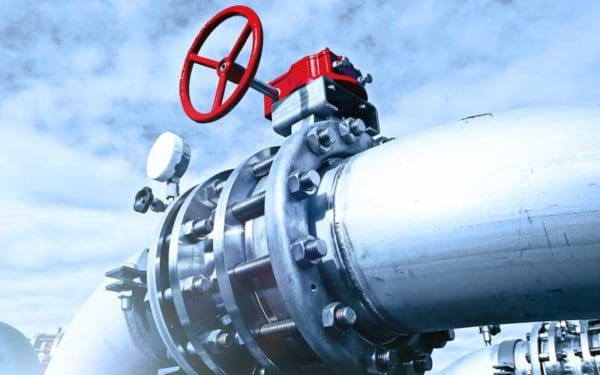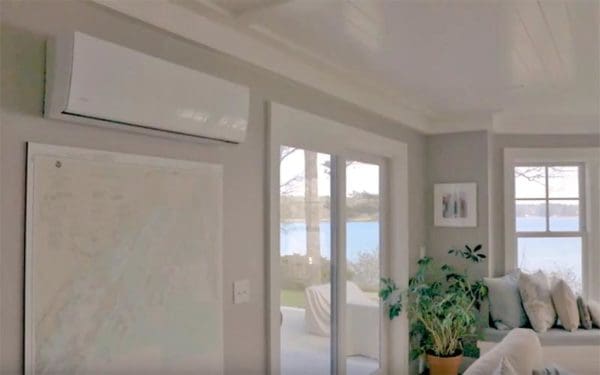Feb 26, 2020
Getting serious about climate change means getting serious about our gas use. It means all of us working together to build a clean energy future that doesn’t require the expensive and polluting buildout of more fracked gas. We don’t need it. And we can’t afford it.
Feb 21, 2020
“Humans hold the cards to decide whether North Atlantic right whales rebuild to a sustainable population or go extinct,” said Emily Green, Senior Attorney at CLF. “Engaging a new generation of young advocates is critical to our shared fight for the protection of right whales and our oceans. We’re thrilled to share their artwork with communities across New England.”
Feb 18, 2020
“I like this car because of the gas money it saves me,” says CLF Staff Attorney Elena Mihaly about her plug-in electric hybrid. Elena lives on a dirt road in Vermont and commutes 40 miles each way to the CLF office in Montpelier. To save on gas and reduce her carbon footprint, she’s leasing an electric car.
Feb 13, 2020
Atlantic cod is in crisis. For decades, our fishery managers have failed to take effective action to stem the problem. Now, a rapidly warming ocean is making cod’s precarious position even worse. Now, CLF is calling on the federal government to follow the law and rebuild Atlantic cod. If management doesn’t improve now, we could lose our founding fish forever.
Feb 12, 2020
From more severe storms to prolonged heat waves, climate change is here and it’s happening now. Luckily, clean energy solutions like solar panels can help both our planet and our economy.
Feb 11, 2020
Maine legislators are working to shift soaring recycling costs back where they belong: onto the producers of unmanageable plastic packaging.
Feb 07, 2020
Nitrogen pollution is one of the biggest threats to the Great Bay estuary. A new, comprehensive “Nitrogen General Permit” could help cut that pollution in half.
Feb 04, 2020
Since installing solar panels on their barn, Sean Mahoney and his wife have noticed a huge difference in their energy bills. They’ve also been able to reduce their carbon footprint.
Jan 31, 2020
Every winter the gas industry tries to scare us, claiming there isn’t enough gas during cold snaps to heat and power our homes. Their solution? More fracked gas and new, expensive gas pipelines. But we don’t have to buy into their propaganda. We have all the power we need without expensive new pipelines.
Jan 29, 2020
“We have many options for heating our homes,” says Greg Cunningham, Director of CLF’s Clean Energy and Climate Change program. “Alternatives like heat pumps avoid the use of oil and natural gas furnaces, which pollute our environment and damage our climate.”
